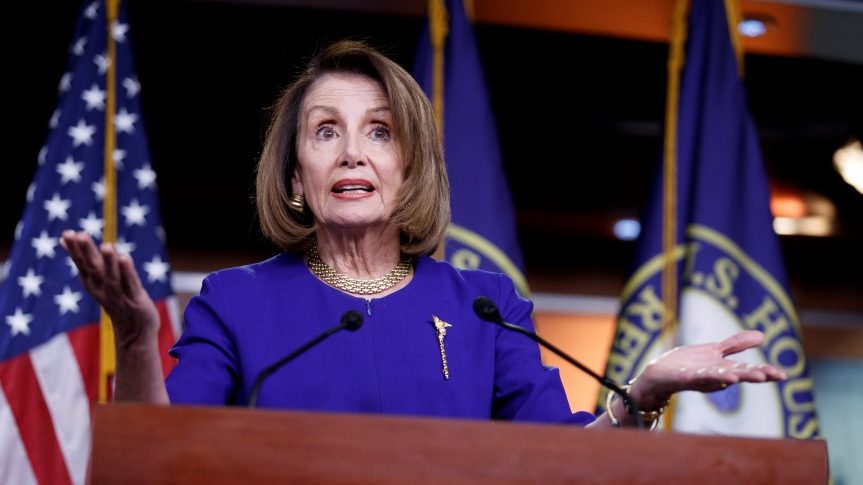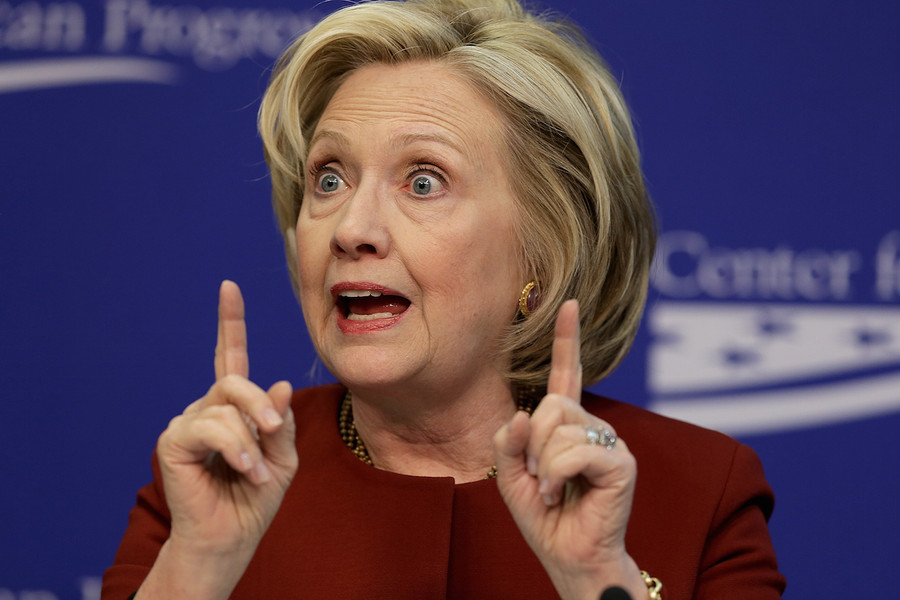For 2024, Pence Is In. Can He Make it?
Former vice president Mike Pence announced Thursday the formation of Advancing American Freedom to promote “the pro-freedom policies of the last four years that created unprecedented prosperity at home and restored respect…



